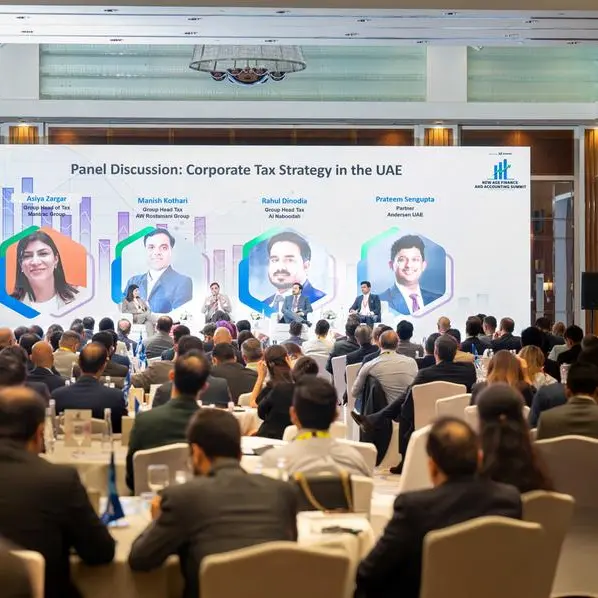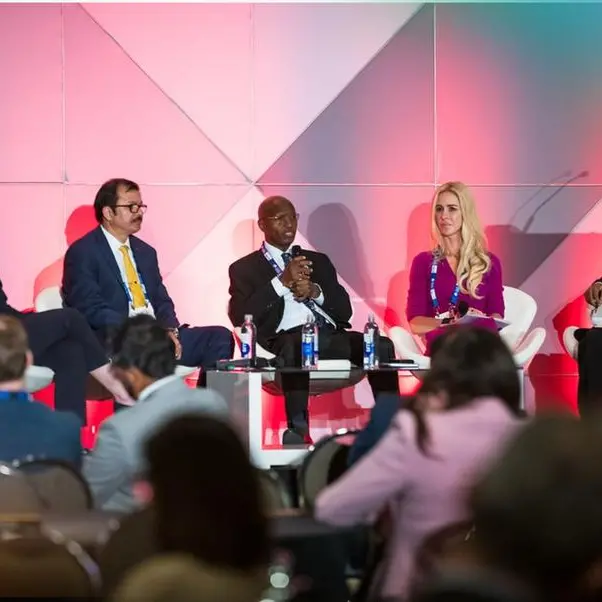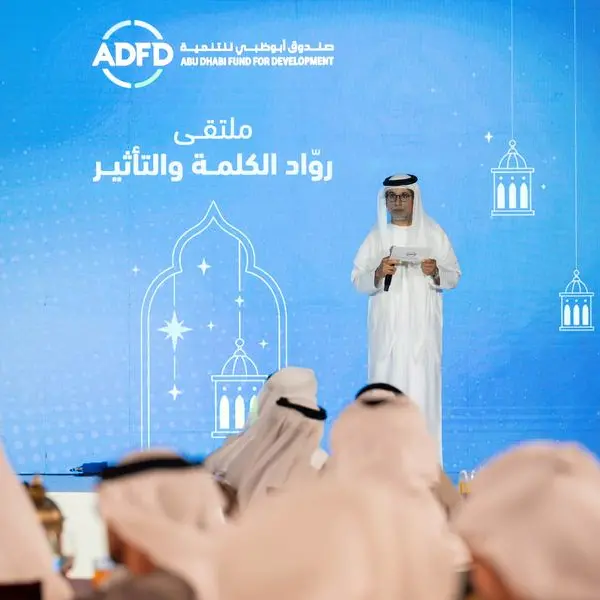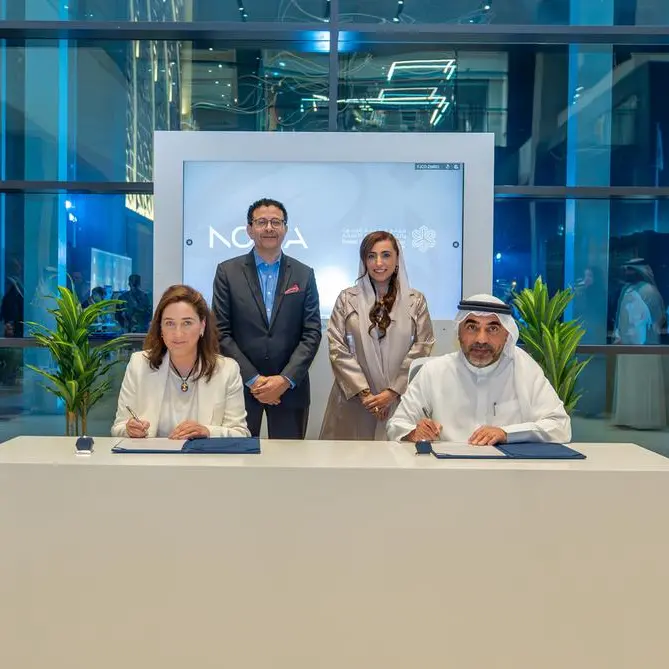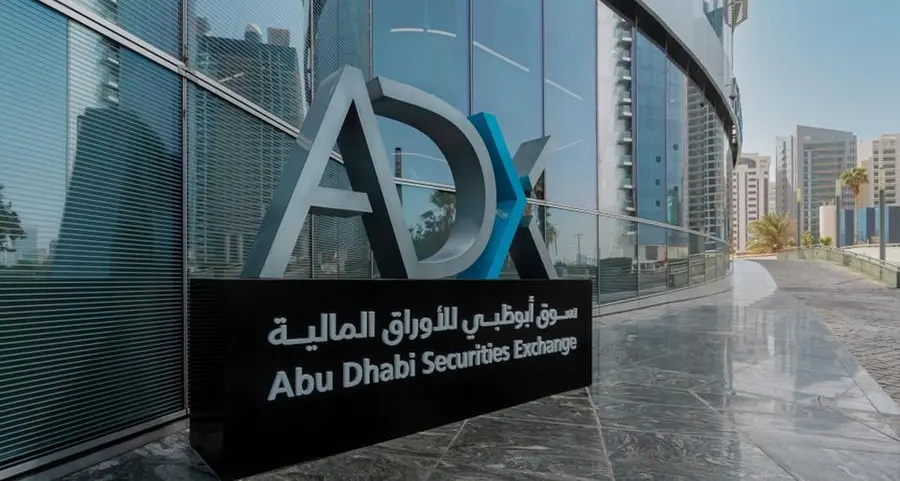Highest ministerial presence in the history of the conference, reflecting the urgent need to meet climate targets and prioritize energy security.
Conference to focus on concrete action over the next five to 10 years, to achieve the CO2 reductions needed on the global path to net zero emissions.
This year’s conference is jointly organised by the IEA and the Danish Ministry of Climate, Energy and Utilities, and will be hosted in the city of Sønderborg, Denmark.
World leaders from government and industry will meet in the southern Denmark city of Sønderborg in early June for the International Energy Agency’s (IEA) 7th Annual Global Conference on Energy Efficiency at a time when energy efficiency solutions have never been more relevant, and needed.
The conference is hosted by the International Energy Agency (IEA) and the Danish Ministry of Climate, Energy and Utilities, with private sector support from global engineering firm Danfoss.
The focus of the conference will be to discuss how international ambition on energy efficiency can be translated into faster and stronger real-world progress. This comes at a particularly critical time, as governments ramp up ambitious plans to tackle the climate crisis and reduce greenhouse gas emissions, while concurrently strengthening energy security.
The conference will bring together leaders from business and politics, including more than 20 confirmed ministers, the highest ministerial presence ever for this conference, to focus on how international ambition and collaboration on energy efficiency can provide much-needed progress towards carbon neutral and low carbon economies. The event, which runs from Tuesday 7 June to Thursday 9 June 2022, will focus on concrete and practical action, enabled by new technology, to halt needless energy waste across industry, transport, construction and existing buildings. Together, the IEA, the Danish Ministry of Climate, Energy and Utilities, and Danfoss, will present the role and opportunity for energy efficiency technology in building a global path to net zero emissions in the energy sector by 2050, and explain how these solutions can tackle current energy security and market pressures.
Why is energy efficient so critical right now?
The science is clear: we need to act on climate change today. Decarbonization, energy security and lower energy bills all go hand-in-hand. But most importantly, if the world is to meet climate goals to limit global warming to 1.5 degrees above pre-industrial levels, energy efficiency measures must be called on to deliver a large, worldwide reduction in emissions.
This urgent demand for action on energy efficiency will be the main focus of the IEA’s 7th Annual Global Conference on Energy Efficiency. It will also build on the IEA’s recent work on how to reduce energy import dependence while strengthening progress towards net zero imperatives.
Why Sønderborg?
While Denmark is already a global leader of the green transition, the IEA and the Danish Ministry of Climate, Energy and Utilities chose the municipality of Sønderborg as host city due to its pioneering work in prioritizing energy efficiency solutions to reduce CO2 emissions.
Since 2007, the Sønderborg municipality has been collaborating with local companies with the aim to reduce emissions. In 2020, the municipality reached the important milestone of having reduced CO2 with more than half (51,7 percent/ 362.208 tons CO2) since 2007. The municipality is on course to reach carbon neutrality in its energy systems by 2029, 20 years ahead of the rest of Denmark. This target has been crystalised in ProjectZERO, a public-private partnership of which Danfoss is an active part.
Headquartered in the Sønderborg municipality is the global engineering firm Danfoss, which has also taken action to reduce CO2 emissions. The company’s 250,000 square meter campus has undergone an energy transformation, going from 100% of its heat coming from fossil fuels in 2015, to being on track to be fully CO2 neutral (scope 1 and 2) by the end of 2022.
Kim Fausing, Danfoss President and CEO said: “The science is clear and now it’s time to take action. Everyone needs to roll up their sleeves, take the green transition much more seriously and implement the technologies that are readily available today.”
“The conference will underline the importance of urgent action, but will also show decision-makers how solutions such as those at the local supermarket, housing association and manufacturing industry are already implemented and making a real difference. We will move out of the conference room and talk to local businesses who can testify that the greenest, most affordable, most secure energy is the energy we don’t use.”
Who will be speaking at the 7th Annual Conference on Energy Efficiency?
The main conference chairs are Dr. Fatih Birol, Executive Director at the IEA, and Dan Jørgensen, Denmark’s Minister for Climate, Energy and Utilities.
They will be joined by governmental contributors from across Europe, Asia, Africa, the Americas and the Pacific, with representatives including Mohamed Shaker El-Markabi, Egypt’s Minister of Electricity and Renewable Energy and COP27 President; Amani Abou-Zeid, Commissioner for Infrastructure and Energy from the African Union Commission; Alok Sharma COP26 president and representative for the UK government: the Secretary of State for Economy and Climate from Germany, Patrick Graichen; Anna Moskwa, Minister of Climate and Environment, Poland; Arifin Tasrif, Indonesia’s Minister for Energy and Mineral Resources, and many more.
There are also a number of private sector contributors, such as Danfoss’ Kim Fausing; Nana Bule, CEO of Microsoft Denmark and Iceland; Martin Brudermüller, Chairman of the Board of Executive Directors, BASF SE; Cristina Gamboa, CEO of the World Green Building Council; and Paula Glover, President of the Alliance to Save Energy. The full list of contributors can be found here.
The agenda for the conference can also be accessed on the IEA website.
Want to keep up to date with the topics under discussion at the 7th Annual Conference on Energy Efficiency?
Follow the conversation on our social media platforms:
https://www.linkedin.com/feed/update/urn:li:activity:6935158869253869569
https://twitter.com/Danfoss/status/1529393356115148800?s=20&t=ynsS1GZlyca8rOK1lQOPfA
https://www.facebook.com/danfoss/posts/pfbid02GaZANUNW9pyzXFZ3VKJ6aRaYk6LtbRnuzPHcfb8FnoSYw9ifqwesHojuESAhrwdkl
-Ends-
For further information please contact:
Martina Pozgaj
Senior Marketing Communications Specialist
Turkey, Middle East & Africa
Danfoss FZCO
E-mail: martina.pozgaj@danfoss.com
About Danfoss A/S
Danfoss engineers solutions that increase machine productivity, reduce emissions, lower energy consumption, and enable electrification.
Our solutions are used in such areas as refrigeration, air conditioning, heating, power conversion, motor control, industrial machinery, automotive, marine, and off- and on-highway equipment. We also provide solutions for renewable energy, such as solar and wind power, as well as district-energy infrastructure for cities.
We deliver value to our customers as a global technology partner with global leading positions, deep application knowledge and sustainable innovation in our core businesses:
Danfoss Power Solutions – Full solutions capabilities in mobile and industrial hydraulics, fluid conveyance, electrification and software
Danfoss Climate Solutions – Sustainable heating and cooling solutions for buildings, cold chains, industry and infrastructure
Danfoss Drives – Clean-energy solutions such as AC drives, power semiconductor modules, and electrification in automotive and various industries
Our innovative engineering dates back to 1933. Danfoss is family-owned, employing more than 40,000 people, serving customers in more than 100 countries through a global footprint of 95 factories.
www.danfoss.com


